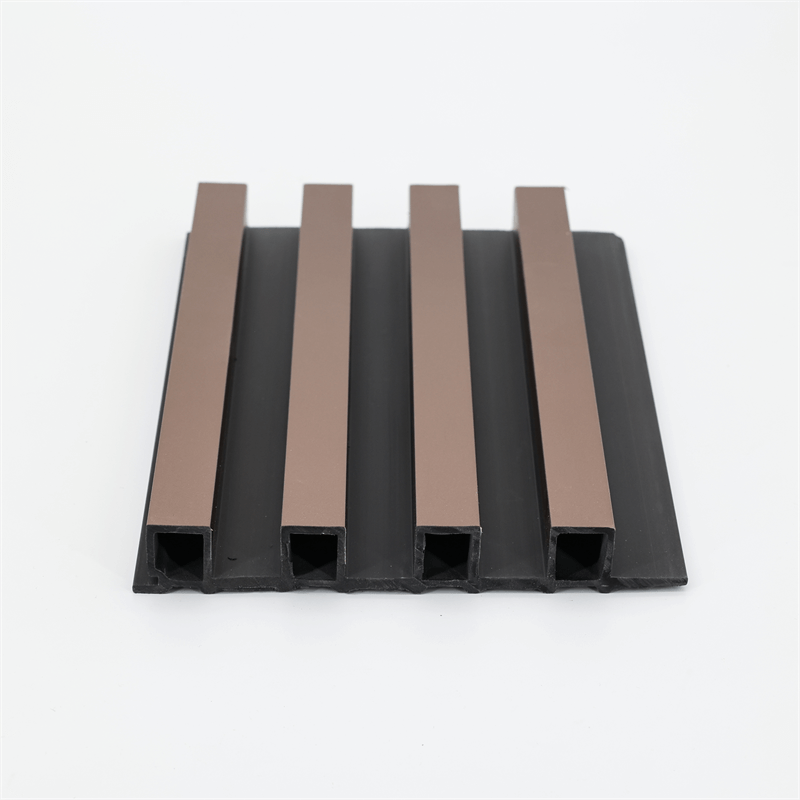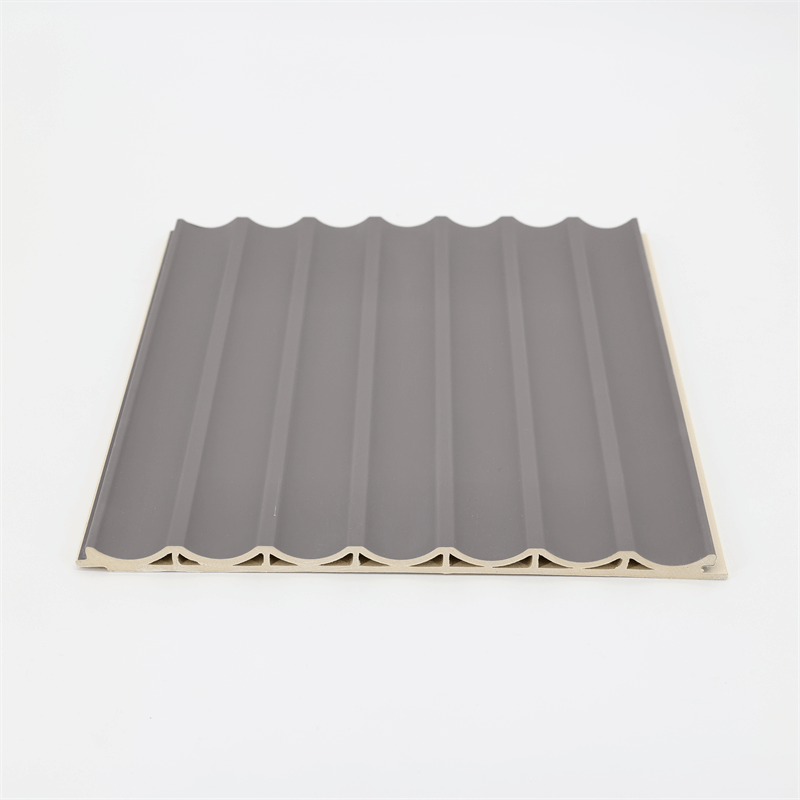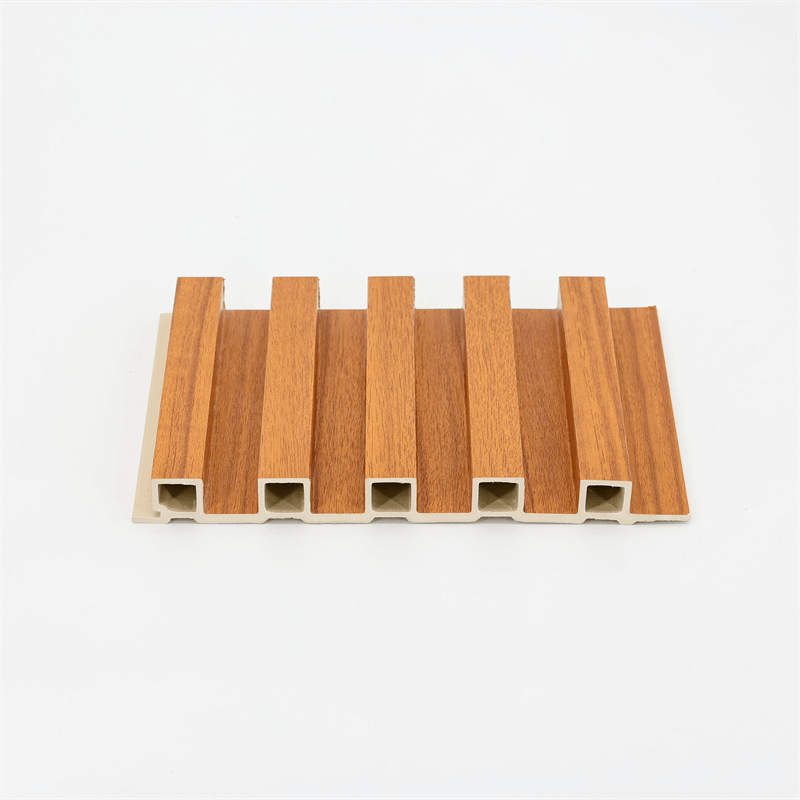Moisture-prone areas, such as bathrooms, kitchens, and basements, require building materials that can withstand high humidity levels without compromising durability or aesthetics.
In recent years, WPC (Wood Plastic Composite) wall panels have gained popularity as an ideal solution for such environments.
This essay explores the benefits of using WPC wall panels in moisture-prone areas, highlighting their moisture resistance, durability, ease of maintenance, and aesthetic appeal.
I. Moisture Resistance: A Key Advantage
Moisture resistance is a crucial factor to consider when selecting building materials for moisture-prone areas.
WPC wall panels offer exceptional moisture resistance, making them highly suitable for environments with high humidity levels.
The composition of wood fibers and thermoplastic resins in WPC panels creates a barrier against moisture infiltration, preventing issues such as warping, swelling, and decay.
WPC panels also have a low water absorption rate, further enhancing their moisture resistance.
This characteristic ensures that the panels maintain their structural integrity and appearance even when exposed to prolonged moisture exposure.
The moisture resistance of WPC wall panels provides long-term protection against common issues associated with moisture-prone areas.
II. Durability and Longevity
In addition to moisture resistance, durability is a crucial consideration for wall panels in moisture-prone areas.
WPC wall panels exhibit exceptional durability, making them a reliable choice for such environments.
The combination of wood fibers and thermoplastic resins provides WPC panels with robustness and resistance to impact, scratches, and wear.
Unlike traditional wood or gypsum wall panels, WPC panels are not susceptible to rotting, splintering, or cracking when exposed to moisture.
This inherent durability ensures that the panels maintain their structural integrity and appearance over an extended period.
Additionally, WPC panels are resistant to pests, such as termites, which can be a common concern in moisture-prone areas.
III. Ease of Maintenance
Maintaining a clean and hygienic environment in moisture-prone areas is essential.
WPC wall panels offer the advantage of easy maintenance, contributing to the overall convenience of these areas.
The smooth surface of WPC panels resists the buildup of dirt, grime, and mold, making them easy to clean with regular household cleaning agents.
Unlike materials such as wood, which may require frequent sealing or painting to maintain their appearance, WPC panels do not require extensive maintenance.
They are designed to retain their color, texture, and finish without the need for frequent refinishing or resealing.
This low-maintenance characteristic saves both time and effort, making WPC wall panels a practical choice for moisture-prone areas.
IV. Aesthetic Appeal and Design Versatility
In addition to their functional advantages, WPC wall panels offer a wide range of design options and aesthetic appeal.
Manufacturers produce WPC panels in various colors, textures, and finishes, allowing for customization to suit different design preferences and interior styles.
Whether aiming for a modern, rustic, or traditional look, WPC wall panels provide the flexibility to achieve the desired aesthetic.
The natural wood-like appearance of WPC panels adds warmth and sophistication to moisture-prone areas, creating a visually pleasing environment.
Furthermore, the versatility of WPC panels allows for easy integration with other interior design elements, such as tiles, countertops, or cabinetry, ensuring a cohesive and harmonious overall design.
WPC wall panels offer an ideal solution for moisture-prone areas, combining moisture resistance, durability, ease of maintenance, and aesthetic appeal.
Their ability to withstand high humidity levels without compromising performance or appearance makes them a reliable choice for bathrooms, kitchens, basements, and other moisture-prone spaces.
By opting for WPC wall panels, homeowners and builders can create a functional and visually appealing environment while ensuring long-term durability and moisture protection.
The versatility of WPC panels allows for customization and design flexibility, catering to various interior styles and preferences.

In conclusion, WPC wall panels are a perfect solution for moisture-prone areas, providing a combination of practicality, durability, and aesthetic appeal.
Their usage in such environments contributes to a resilient and visually pleasing space that can withstand the challenges posed by high humidity levels.
Additionally, the low-maintenance nature of WPC wall panels reduces the time and effort required for cleaning and upkeep, allowing homeowners to enjoy their moisture-prone areas without the constant worry of maintenance tasks.
Furthermore, the eco-friendly nature of WPC panels adds to their appeal.
The use of recycled wood fibers and thermoplastic resins in their production contributes to sustainable building practices and reduces the demand for traditional wood materials.
As the demand for moisture-resistant and durable building materials continues to grow, WPC wall panels have emerged as a reliable and innovative solution.
Their ability to withstand moisture, resist damage, require minimal maintenance, and offer a wide range of design options make them an attractive choice for both residential and commercial applications.
In conclusion, WPC wall panels provide the perfect solution for moisture-prone areas.
Their moisture resistance, durability, ease of maintenance, and aesthetic appeal make them a superior alternative to traditional materials.
Whether it’s a bathroom renovation, a kitchen upgrade, or a basement remodel, incorporating WPC wall panels ensures a long-lasting, visually pleasing, and moisture-resistant space.
By choosing WPC wall panels, homeowners and builders can create environments that not only withstand moisture challenges but also showcase style, functionality, and sustainability.


